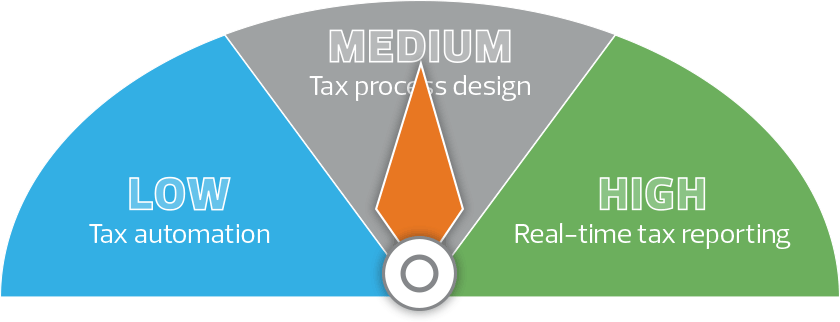When it comes to the tax function, the transformation and optimization of data and processes are often key discussion points, but often lag behind other data priorities. But with more demands on tax resources—not to mention the strategic potential of enterprise tax data—more attention to your structure and processes can yield significant benefits. With the right support and advice, the tax function has the potential to discover significant untapped potential for efficiencies and position processes for increasing future requirements.
The partnership tax data assessment is an efficient way to start transforming your tax function. We quickly target advantageous opportunities for tax automation, providing quick time to value and giving you the initial building blocks to modernize your tax data and reporting approach.
The need for good tax data
With the rapid evolution of artificial intelligence (AI), more frequently changing and growing regulatory reporting requirements, and the need to quickly deliver Schedule K-1 and Schedule K-3 reporting, the same tax processes and operations may no longer be effective. To unlock the true power of data analytics in tax, you have to understand how you can bring your data together more efficiently through automation. But you must have good, structured data to take advantage of AI and optimize your tax function so it is ready for the needs of big data.
RSM’s partnership tax data assessment is the first step in leveraging your existing information to make your tax data work for you, instead of you working for your tax data. Whether you have an internal tax department that struggles with increased demand or an outsourced tax function with an expansive data footprint, we can advise you on how to get the most value out of your tax data and create an initial road map toward tax data optimization.



